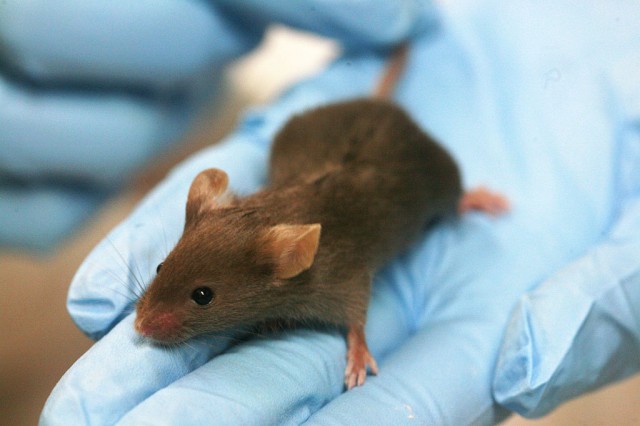Pregnant mom’s immune response to viruses may increase risk of autism
Ars Technica » Scientific Method 2016-02-02

(credit: Credit: Wikimedia Commons)
Most of the mutations associated with autism spectrum disorder affect genes involved in brain development, as you’d expect. But there’s also a link between the immune system and ASD: viral infection during pregnancy may lead to more cases of ASD in children. A new study published in Science links a specific immune signaling molecule known as interleukin-17a to this phenomenon.
Studies of humans show that viral infection during pregnancy is correlated with an increase in ASD in the ensuing children, though this connection is not yet fully understood. A fundamental tenet of epidemiology is that correlation is not causation, which means that the association between viral infection and ASD doesn’t necessarily mean that catching a virus during pregnancy causes ASD in the baby.
Controlled experiments of pregnancy-related exposures can’t ethically be conducted in humans, so the authors of this paper use mouse models instead. In these mice, when pregnant females are infected with a dsRNA sequence that mimics a viral infection, their offspring show behavioral symptoms typical of ASD. In rodents, ASD-like symptoms include a lack of interest in social interaction, stereotyped repetitive behaviors, abnormal communication behaviors, and other social deficits, all of which can be examined using behavioral tests.